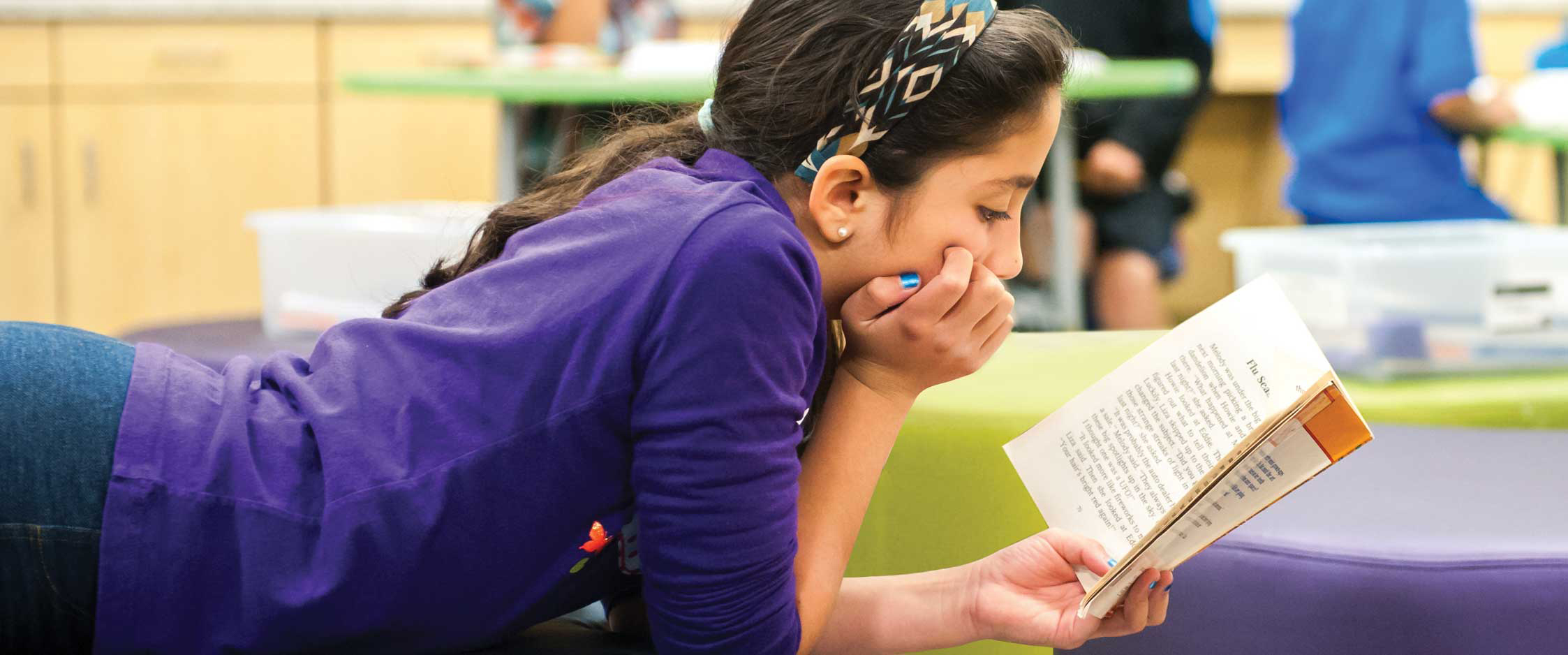- Search
- |
- Learning Portal
- |
- Support Center
- |
- Store Account
- |
- Store
- |
- $0.00
- n a v
Fluency Practice Libraries for SIPPS, K–12
High-Interest, Age-Appropriate Texts for All Readers
Independent reading of engaging books at appropriate levels builds fluency and confidence.
Designed to align with SIPPS® instruction, these age-appropriate collections of books are chosen for characteristics of decodability to support emerging readers.

Decodable Book Collections
Grades K–3
Decodable Books for SIPPS provide students with engaging books that align with the scope and sequence for SIPPS Beginning and Extension Levels to provide the practice they need.

What’s Included
This collection of decodable books is organized by SIPPS level. One set is aligned with the spelling sounds and sight words taught in Beginning Level, and the other is aligned with Extension Level.
These decodable books help students develop accuracy and automaticity as they practice and apply what they’ve learned during SIPPS instruction to connected text.
Created with careful attention to natural-sounding language, plot, and character development, the Decodable Books for SIPPS contain a wide variety of appropriate fiction and nonfiction topics and high-quality illustrations.
The books in each set are matched to their respective SIPPS Level scope and sequence and are grouped by mastery test.
Fluency Practice Libraries
Grades 1–3
The Fluency Practice Library for Grades 1–3 provides books that are appropriate for transitioning students in SIPPS Extension Level from controlled vocabulary texts to trade books.

What’s Included
The 150-book library is organized into 5 collections. Each collection contains 30 fiction and nonfiction books for early readers and represents a range of authors and popular series.
The Fluency Practice Library was developed to give students the abundant reading practice they need to become fluent readers who understand what they read.
Hi/Lo Fluency Practice Libraries
Grades 4–6, 6–8, and 9–12

The Hi/Lo Fluency Practice Libraries provide high-interest, controlled-readability books to give older readers who are receiving SIPPS instruction the reading practice they need to build fluency, increase automaticity, and boost confidence. These books motivate students to read independently and for pleasure.
What’s Included
These libraries are organized by grade band: grades 4–6, grades 6–8, and grades 9–12. Each band includes two 20-book collections with a mix of fiction and nonfiction.
The books were chosen for their engaging content and natural-sounding language, as well as for their controlled vocabulary and low Lexile levels.